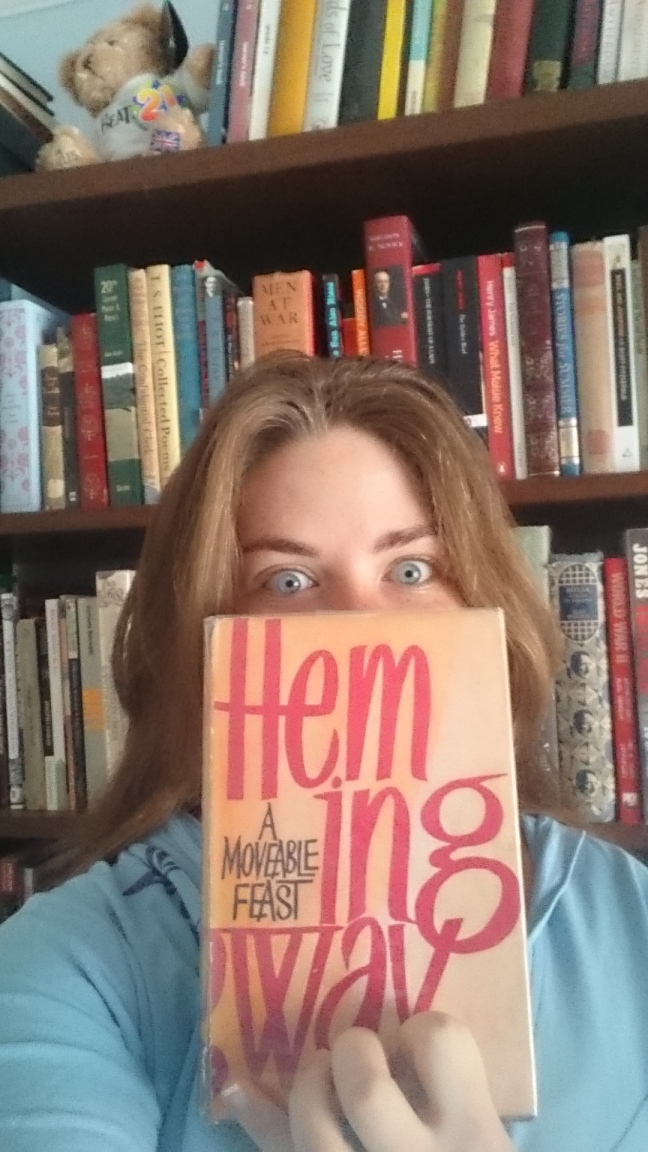
I suppose it’s only fitting to begin my first blog post with something very dear to my heart: words and La Ville Lumière. This blog is aptly titled Logophilia which means, the love of words and this blog is dedicated to the power and beauty of words. Case in point, Hemingway, one of my favourite authors, makes this a fitting start to explain how powerful words can be. I realise I am a bit late in writing this, but it now serves as an anecdote to best illustrate the importance of literature in society, especially those most deem are ‘out-dated’.
On 13 November 2015, the sweet sound of La Vie en Rose was overpowered by the sound of gunfire and bombing as the City of Light became the victim of a terrorist attack. Many died and quite a number were wounded, which left a beautiful city scarred and a nation in mourning. News spread across the globe and social media received a flood of condolences in the form of the French flag or #PrayforParis proudly displayed across personal accounts worldwide, many countries even adorned their landmarks with the red, white and blue as a tribute to France’s fair city. Paris, a city once revered for its romance, beauty and rich culture has now become a product of pity and loss. In this turmoil, this precious gem of a city that once played host to the great modernists of art and literature now lives in fear as ISIS’s formidable presence appeared to have threatened the Parisian way of life.
Not long after the attack, a certain book by Ernest Hemingway suddenly grew in demand, pushing it to best-seller status in Paris with over 8 500 copies sold. A Moveable Feast was one of the last works that Hemingway wrote, about his life in Paris as a struggling young writer that was published posthumously. In it, Hemingway immortalised Paris. His iconic simple prose did not understate this unique city, in fact all Hemingway does is document his comings and goings, state whom he met and the dialogues that flowed between them. Paris spoke for herself. Paris became as much of a character in Hemingway’s tale as the people themselves. The twenties were a remarkable time in Paris. It was not only the height of modernity, but something about this city appear to attract great writers and artists just to claim them as her own. It is this distinct trait that allowed this book to find itself in the hands of grieving Parisians everywhere. What seemed to be an account of a writer’s life in Paris, became a testament to what it means to be Parisian: the glamour, the culture, the beauty, the joie de vivre attitude that made Paris the envy of the world. This time round, it will be my second reading of this amazing book and every time I do, Paris comes alive. As a reader, I walk with Hemingway, meandering, surrounding myself with my muse, my Paris. It’s as if the city speaks to me through the book itself.
That’s words for you. Used well, words are able to transport its readers, able to make them feel things and see things. To see Paris through the eyes of an American ex-pat, a foreigner, reminds the people of Paris of the beautiful city it is. And for a moment, tragedy is forgotten.